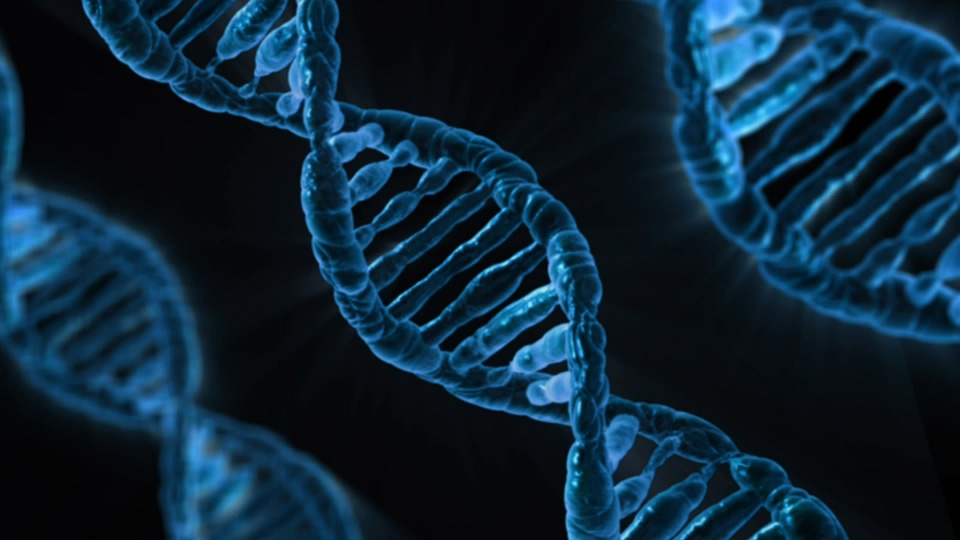Prader-Willi syndrome is a genetic disorder that is generally rare. It occurs in approximately one out of every 12,000 births and results in weak muscle tone, delayed development, and poor growth. Around the age of two, children with the condition develop an insatiable appetite that can lead to obesity. The condition was first identified by Drs. Labhart, Prader, and Willi in 1965.
Symptoms
Symptoms of Prader-Willi syndrome include:
- Weak muscle tone
- Poor feeding in newborns
- Delayed development
- Obesity
- Chronic overeating (hyperphagia)
- Distinct facial features, which include almond-shaped eyes, turned-down mouth, narrowing of the forehead at the temples and a thin upper lip
- Underdeveloped genitals
- Compulsive behavior
- Extreme stubbornness
- Angry outbursts
- Short stature
- Delayed puberty
- Sleep problems
Cause
Prader-Willi syndrome is caused by a loss of the function of the genes 11-13 on chromosome 15. In an estimated 70 to 80 percent of people with the syndrome, the region of genes is missing due to deletion of paternal genes. In other cases, there may be two copies of chromosome 15 inherited from the mother or a defect in the paternal genes on chromosome 15.
The loss of function on chromosome 15 disrupts the operation of a part of the brain known as the hypothalamus. The hypothalamus is responsible for the release of hormones in the body. Without the normal release of hormones, growth, body temperature, hunger, sleep, and sexual development can all be affected.
Complications
Obesity is common in those with Prader-Willi syndrome. People with the condition have lower muscle mass and are less likely to be physically active. As a result, they need fewer calories. Unfortunately, the hypothalamus is responsible for releasing hormones to signal feelings of fullness after eating. This results in people with the condition eating too many calories and becoming overweight or extremely obese.
Type 2 diabetes, sleep apnea, gallbladder, heart and liver problems may all result from obesity. People with the condition are encouraged to work with a dietitian to eat the proper amount of calories in order to prevent complications from occurring. Additionally, most people with Prader-Willi syndrome may experience fertility problems and are at an increased likelihood of developing osteoporosis.
